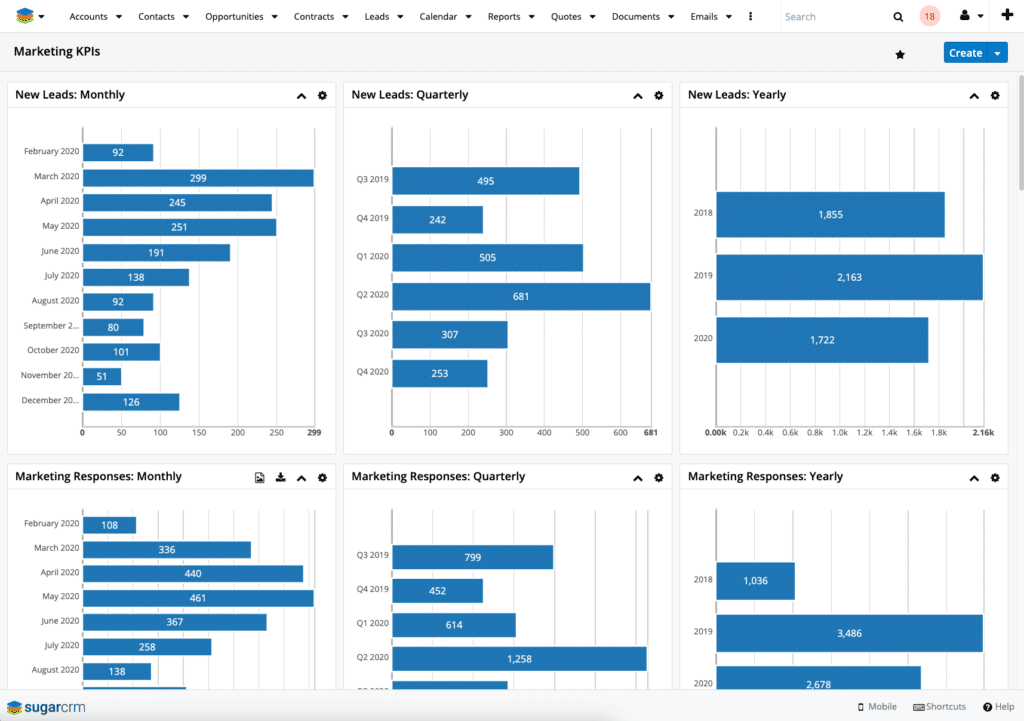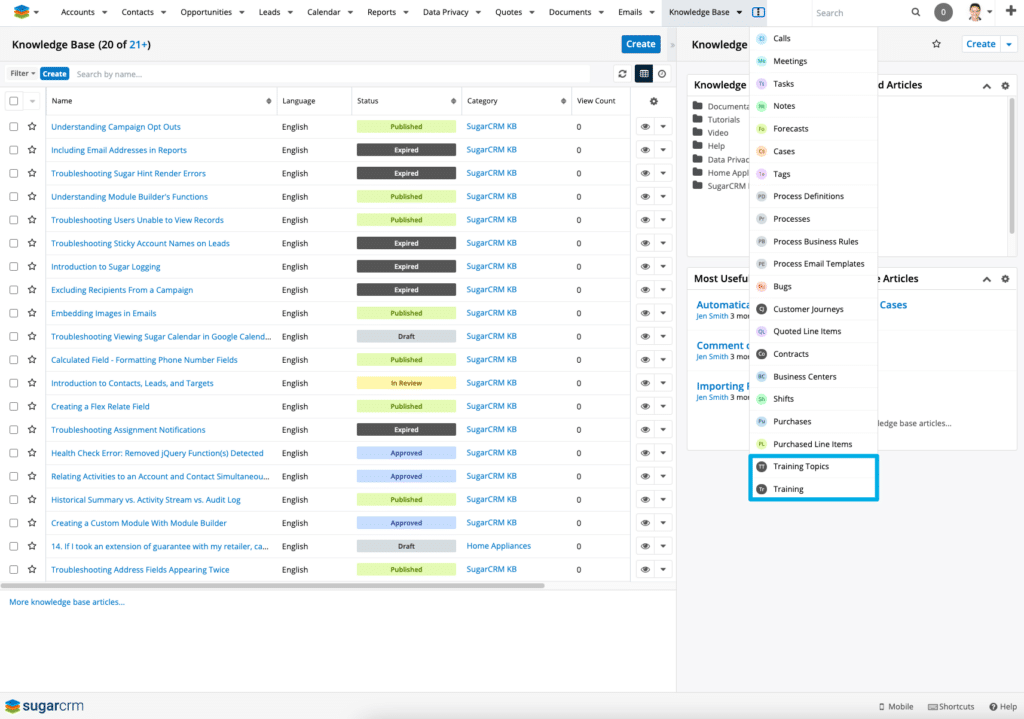3 Ways CRM Implementation Can Boost Employee Engagement
For decades, companies have focused on making customers happy. But what about employees? Employee happiness in the workplace is a major force that can drive profitability.

This Gallup study has found that only about 34% of the US workforce are actively engaged in their workplace, tasks, and duties. And although the numbers have risen slightly over the past few years, disengaged employees still cost US organizations about $605 billion, due to a loss of productivity.
The slight growth in employee engagement over the past couple of years can be attributed to high turnover rates. When people land a new company, the level of excitement, and thus, engagement is higher. But, how do you keep employees excited about their workplace and tasks when the “honeymoon” phase is over?
CRM implementation and user adoption! A flexible and customizable CRM system brings numerous advantages to an employee’s life. Let’s take a look at 3 ways CRM implementation can boost employee adoption.
1. Tackle Problems from Top to Bottom
People don’t quit their jobs; they quit their bosses. At least, that’s what they say. But what do you do when the managers within your company are stressed out, unmotivated, and on the brink of burnout?
Gallup reports higher levels of stress and burnout, and an unbalanced lifestyle among managers than employees in their teams. A manager’s attitude towards the workplace and their emotional response to their workload are the first to reflect on their teams. In other words, workplace disengagement is contagious and spreads from top to bottom.
So, how can CRM implementation solve common issues that lead to management disengagement?
Within companies that lack a similar system entirely, it could ease the workload that managers usually have. Search for flexible and highly customizable CRM tools. If they meet the needs, and most importantly, tasks of your management, the perceived workload is more likely to plummet.
With similar tools, managers can define and streamline processes, can automate part of their tasks, and can leverage data. Relevant data sets can open new perspectives on issues with apparently no solution. Flexible CRM tools, such as Sugar Sell, can ease management team interactions and can boost productivity within teams.

2. Keep New Employees Excited

The honeymoon phase in an employee’s journey within a new company can end shortly after a hire’s employment if the company lacks clear policies and guidelines in terms of employee onboarding and training practices.
To keep employees happy in the workplace, they need to have a clear idea of what their responsibilities are. When new employees aren’t offered clear guidelines, they are more likely to become frustrated, confused, and rushed by internal contexts to catch up with their peers. This is a clear source of disengagement.
In this scenario, the onboarding and training process of a new hire is essential, and CRM implementation can ease your managers’ experience when training new employees.

For example, Sugar Sell, Sugar Serve, and Sugar Enterprise can be customized in such a way to feature Training and Training Topics modules. Team managers can refer new hires to the documentation in the modules to complete the training offered in person. Training modules can make new employees more likely to effectively do their jobs, from the beginning. Sugar’s Knowledge Base is another module that can come in handy for both new and old employees. The module features relevant documentation for all departments within a company, which can motivate new employees to ask questions and interact with their managers or colleagues. This also contributes to higher workplace engagement rates.
CRM tools also feature task and goal management modules, which offer a clear overview of a new hire’s responsibilities and tasks, along with deadlines, and more.
3. New Technology Focuses on Employee Experience
Employees thrive with flexible and customizable tools, like CRM which can gather multiple separate systems into a single interface. The ease of use and flexibility of a similar tool should streamline their jobs and offer them a better overview of their tasks, goals, and what the company expects from them periodically. Many CRM systems include employee performance management modules. Here they can easily track and measure their performances against predetermined goals and their peers.
Concluding Thoughts
CRM tools may not be the ultimate solution to all your business issues, but they aid with employee engagement and making your employee’s jobs easier. Contact us if you want to learn more about how CRM can improve employee engagement; we’d love to share more insights with you!



